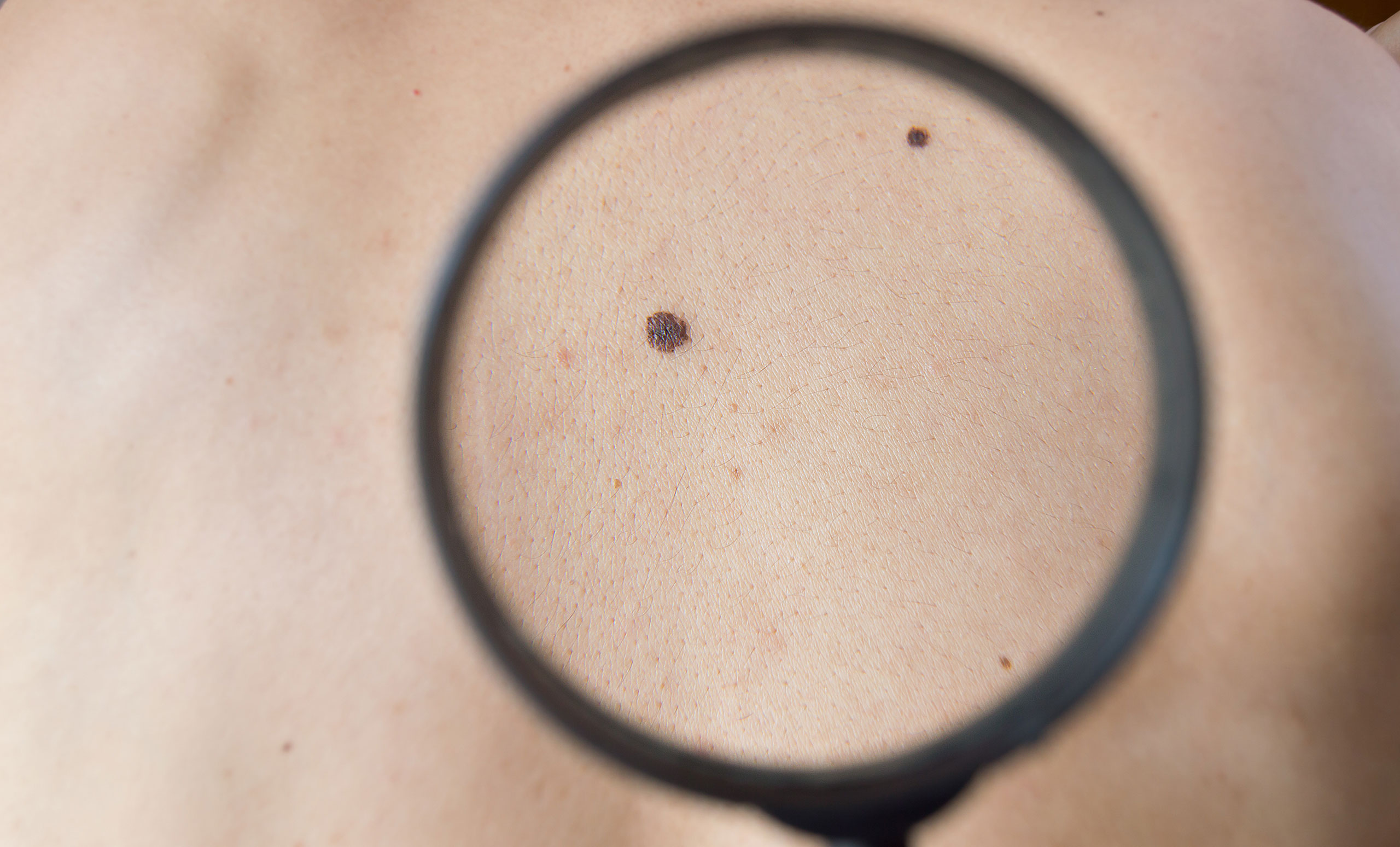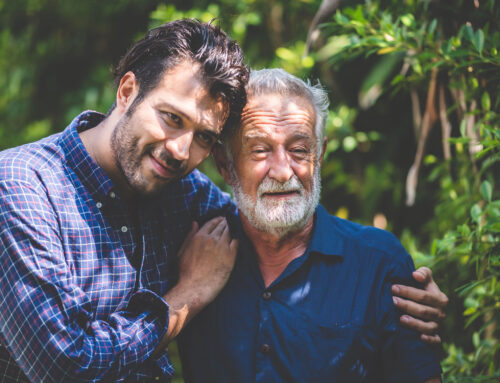Skin Cancer is the United States’ most common cancer, with over five million new diagnoses yearly. However, this specific type of cancer is one of the most understood and preventable. The skin is the body’s largest organ; protecting it should be a top priority for everyone’s health.
This May, we observe Skin Cancer Awareness Month as a perfect opportunity to educate our community about sun exposure’s dangers, share skincare facts, and help save lives.
What causes skin cancer?
There are two broad skin cancer types: melanoma and non-melanoma. Cancer reports don’t usually register non-melanoma statistics because they are often mild and more likely to be successfully treated. Nevertheless, melanoma accounts for only 1% of skin cancer cases in the country but causes most skin cancer deaths.
Exposure to UV (ultraviolet) radiation is the leading cause of skin cancer. While there have been reports that stand lifestyle and occupational risk factors, more evidence is needed before making firm conclusions.
Skin cancer symptoms may include:
Symptoms might vary depending on the cancer type and location, but it is essential to be aware of these changes in the skin and see a health professional for any concerns.
Protect your skin
Going outside is a great way to maintain healthy physical activity, but here are some actions to take to lower the risk of developing skin cancer:
Advanced melanoma
End-stage skin cancer is when melanoma spreads to other parts or organs of the body. Cancer cells grow and multiply daily; tumors can reach tissues, blood, or lymph nodes. It is usual that patients with advanced melanoma feel tired, inappetent, or lose weight without trying.
If, unfortunately, skin cancer spreads, it is essential to have an honest and open talk about what kind of treatment you want, if any. Your doctor might suggest palliative or hospice care.
At Ascend Hospice Care, we advocate for patients’ individuality and entitlement to decide their care goals. We’ll gladly be part of their care team with the utmost respect for their comfort and dignity.





